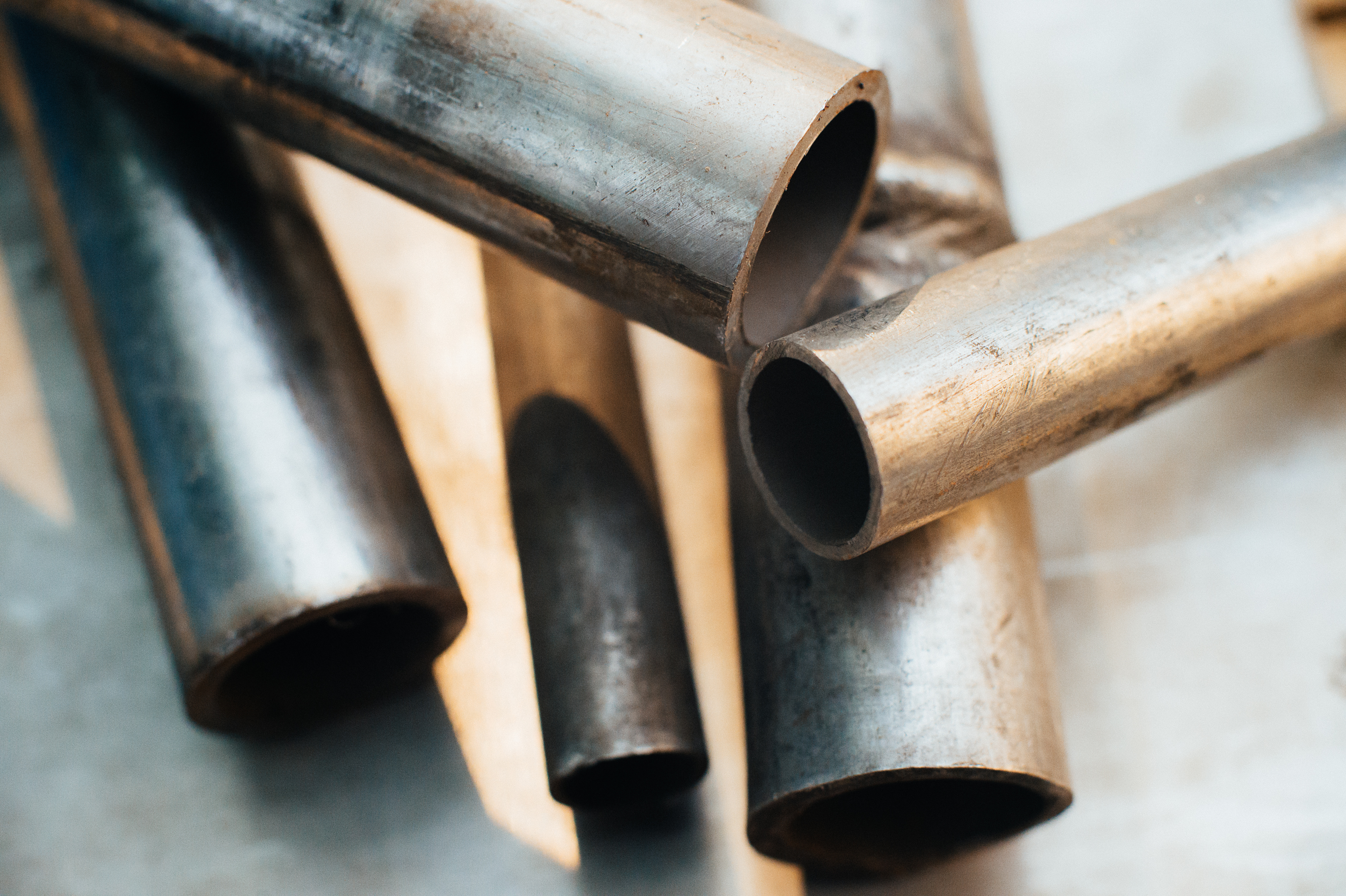Why did my Stainless Steel rust?

Compared to other metals and alloys, stainless steel is the most resistant to corrosion and will not rust under normal environments. Stainless steel, when it is exposed to oxygen, it forms a thin invisible layer called chromium oxide. Stainless steel can rust in adverse conditions. The corrosion attacks stainless steel when exposed to chemicals, moisture, and heat exposure for a long time. Ultimately, stainless steel can rust, but it takes time and only under certain circumstances.
Some general causes of rusting are as follows:
- Corrosion can be after the effect of welding. The formation of carbide precipitation at the welding site can cause corrosion.
- Grease contamination
- Prolonged exposure to heat.
- Improper cleaning if dirt is not removed or the surface is not rinsed and dried after cleaning will allow it to react to the oxygen in the air, causing rust.
- Scrubbing the surface with steel wool or wire brush will cause rust because these particles are exposed to humid air or moisture.
- Cleaning chemicals such as cleaning concrete or windows can land on stainless steel surfaces and react with the air to form rust.
Prevention of Rust on Stainless Steel requires maintenance such as:
- Use a wire wheel brush and a grinder to grind off surface rust.
- Soak rusty products in a chemical solution.
- Sandblasting metal to remove rust.
Categories: Everything else